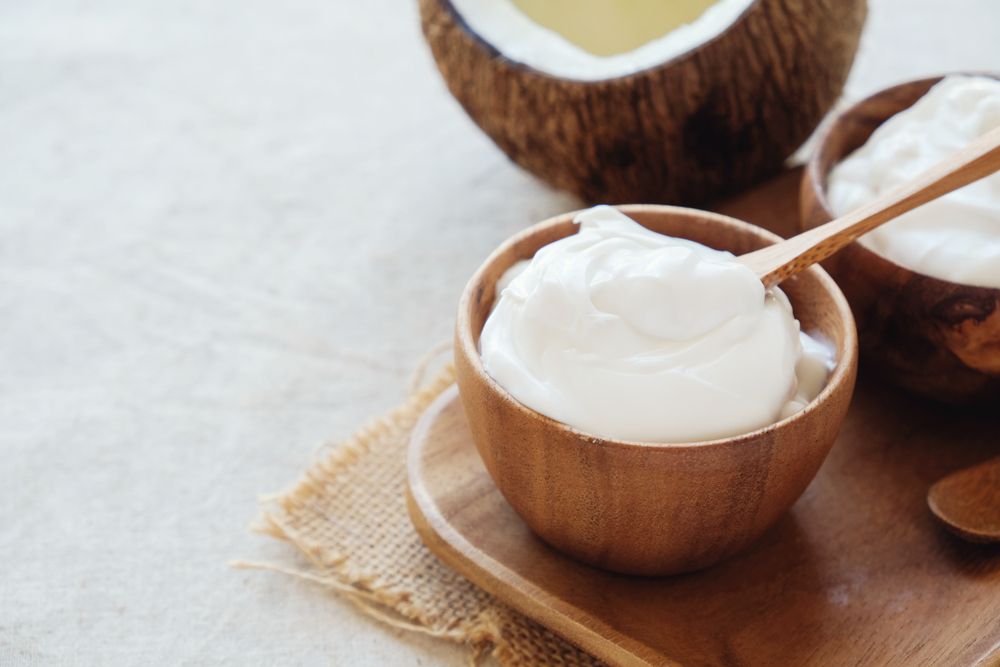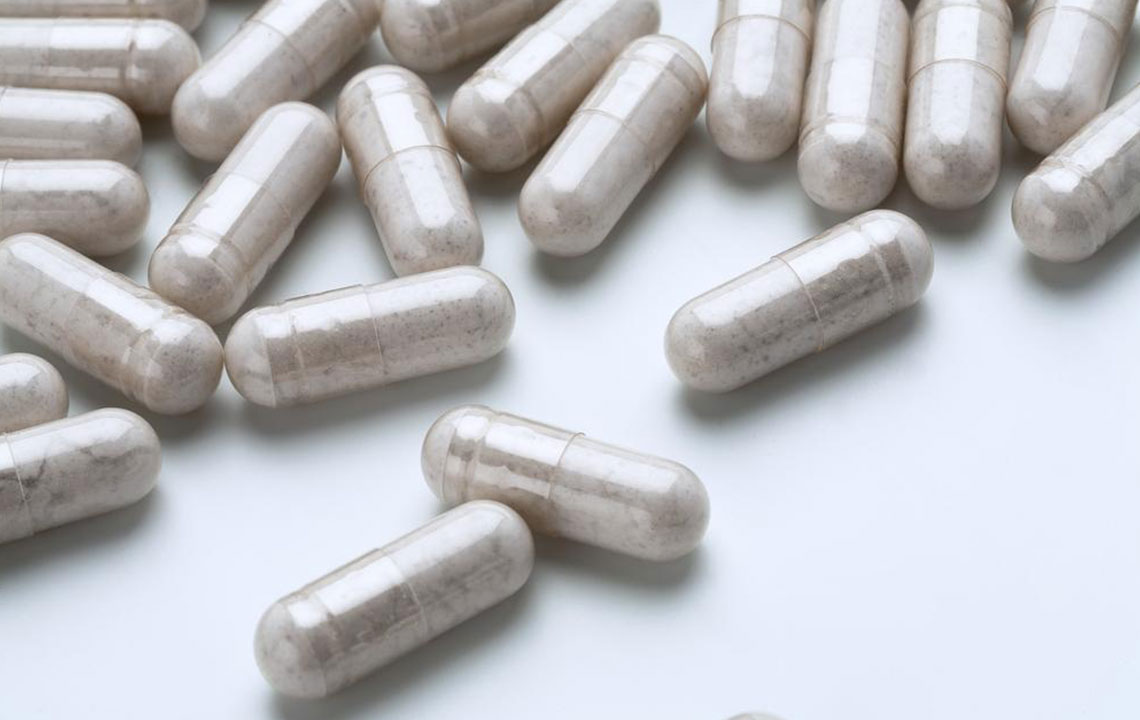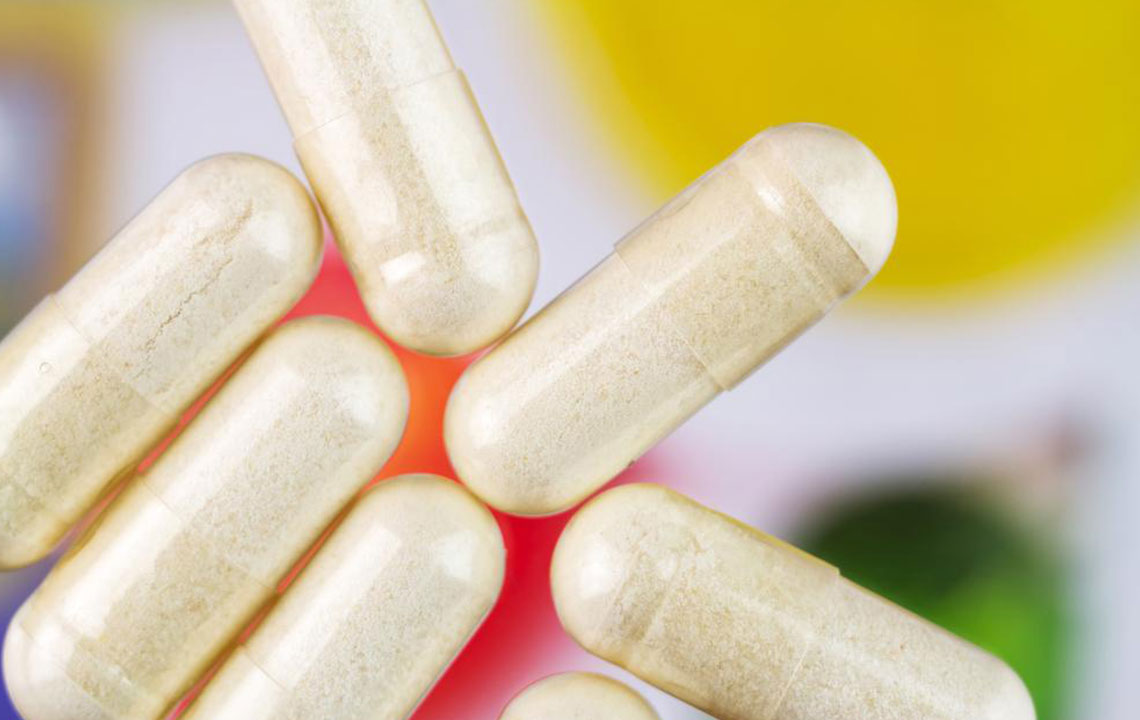Comprehensive Guide to Selecting the Most Effective Probiotic Supplements for Optimal Gut Health
Discover a comprehensive guide on selecting the best probiotic supplements. Learn about essential factors like packaging, delivery systems, bacterial strains, and storage to optimize your gut health. This detailed overview helps you make informed choices for improved digestion, immunity, and overall wellness, ensuring you reap the maximum benefits from your probiotic investments.

How to Select the Best Probiotic Supplements for Your Needs
In today’s health-conscious world, probiotic supplements have gained immense popularity due to their potential to enhance digestive health, boost the immune system, and promote overall well-being. However, with a vast array of products available in the market, choosing the right probiotic supplement can be overwhelming. To ensure you select a high-quality product that delivers the promised benefits, it's crucial to understand the key factors that influence probiotic efficacy. This comprehensive guide will walk you through essential considerations, including packaging, delivery mechanisms, bacterial strains, and storage requirements, empowering you to make informed decisions that support your digestive health and overall wellness.
Probiotics are live microorganisms that, when administered in adequate amounts, confer health benefits on the host. Their effectiveness hinges on multiple factors, notably how well the bacteria survive through storage, the journey through your gastrointestinal tract, and their ability to colonize the gut. Therefore, selecting a probiotic supplement involves assessing how the product is formulated and packaged, the specific strains included, and how those strains work synergistically to improve gut health.
Importance of Proper Packaging to Preserve Bacterial Viability
One of the most critical aspects of choosing an effective probiotic supplement is the packaging. Probiotics are sensitive to environmental conditions such as moisture, heat, and light, which can significantly reduce the viability of the bacteria over time. High-quality packaging made from opaque, moisture-resistant materials is essential to protect the probiotic strains until consumption. Many premium probiotics utilize blister packs or sealed bottles with desiccants, which help maintain a dry environment and prevent deterioration.
While some probiotic products require refrigeration to keep bacteria alive, many now come in formulations that are stable at room temperature, offering greater convenience for storage and travel. Nonetheless, protecting probiotics from excessive heat and exposure to light continues to be vital for maintaining their potency and ensuring they deliver the intended health benefits.
Effective Delivery Systems
The method by which probiotics are delivered to your digestive system also impacts their effectiveness. Modern technological advancements have led to the development of various delivery formats designed to withstand harsh gastric conditions. These include controlled-release tablets, enteric-coated capsules, and advanced capsule technologies that shield bacteria from stomach acid, allowing more bacteria to reach the intestines alive.
Enteric coating, for example, prevents the capsule from dissolving in the stomach, releasing the bacteria directly into the intestines where they exert their beneficial effects. Similarly, some probiotics use nanotechnology or bio-encapsulation techniques to enhance bacterial survivability during transit. Such innovations significantly improve the likelihood that the probiotics will colonize the gut and deliver maximum benefits.
Selection of Bacterial Strains
The specific strains of bacteria included in probiotic formulas determine their functions and health benefits. It is essential to understand which strains are present and what roles they play in supporting digestive health. Common probiotic strains include Bifidobacterium bifidum, known for aiding dairy digestion; Lactobacillus acidophilus, which promotes nutrient absorption; Bifidobacterium longum, strengthening the gut mucosal barrier; and Lactobacillus rhamnosus, beneficial during travel and for immune support.
The diversity of strains in a probiotic supplement often correlates with broader health benefits. For instance, products containing multiple strains may improve gut flora stability, support regular bowel movements, and even help manage inflammatory gut conditions. When choosing a probiotic, look for evidence-based formulations that specify strain names and CFU (colony-forming units) counts. The CFU indicates the number of viable bacteria present; higher CFU counts do not always mean better, but an adequate dose typically ranges from 1 billion to 50 billion CFU per serving.
Storage and Shelf Life
Proper storage of probiotic supplements is crucial for maintaining their potency over time. While some probiotics need refrigeration, others are formulated to be stable at room temperature, making them suitable for travel and less restrictive in storage needs. Always check the label for storage instructions and expiration dates. Consuming probiotics before they expire ensures the maximum number of viable bacteria, which is essential for achieving the desired health benefits.
In addition to storage, it is advisable to purchase probiotics from reputable sources to avoid counterfeit products that may contain inadequate bacterial counts or contaminated strains. When selecting a probiotic, consider the brand's reputation, manufacturing standards, and third-party testing to verify quality and safety.
How to Incorporate Probiotics Into Your Routine
Integrating probiotics into your daily routine can promote sustained gut health and overall well-being. It is best to take probiotics on an empty stomach or before meals, as stomach acid levels are lower, increasing the chances of bacteria surviving to reach the intestines. Consistency is key; regular intake over weeks or months is necessary to observe significant health improvements.
Remember to pair probiotic supplements with a balanced diet rich in prebiotic fibers found in foods like garlic, onions, bananas, and whole grains. These prebiotics serve as nourishment for beneficial bacteria in your gut, enhancing their growth and activity. Combining probiotics with a healthy lifestyle can significantly improve your digestive function and immune resilience.
Consultation with Healthcare Professionals
Before starting any probiotic regimen, especially if you have underlying health conditions or are immunocompromised, consult your healthcare provider. They can recommend specific strains, CFU counts, and formulations suitable for your individual needs. Additionally, they can help monitor your progress and adjust dosages accordingly. A personalized approach ensures maximum safety and benefits from probiotic supplementation.
In conclusion, selecting an effective probiotic supplement involves understanding the importance of proper packaging, innovative delivery systems, strain-specific benefits, and correct storage practices. By choosing high-quality products and incorporating them into your daily routine, you can unlock the full potential of probiotics—supporting your digestive health, strengthening your immune system, and enhancing overall vitality. Stay informed, read labels carefully, and prioritize your wellness journey through mindful probiotic choices.





